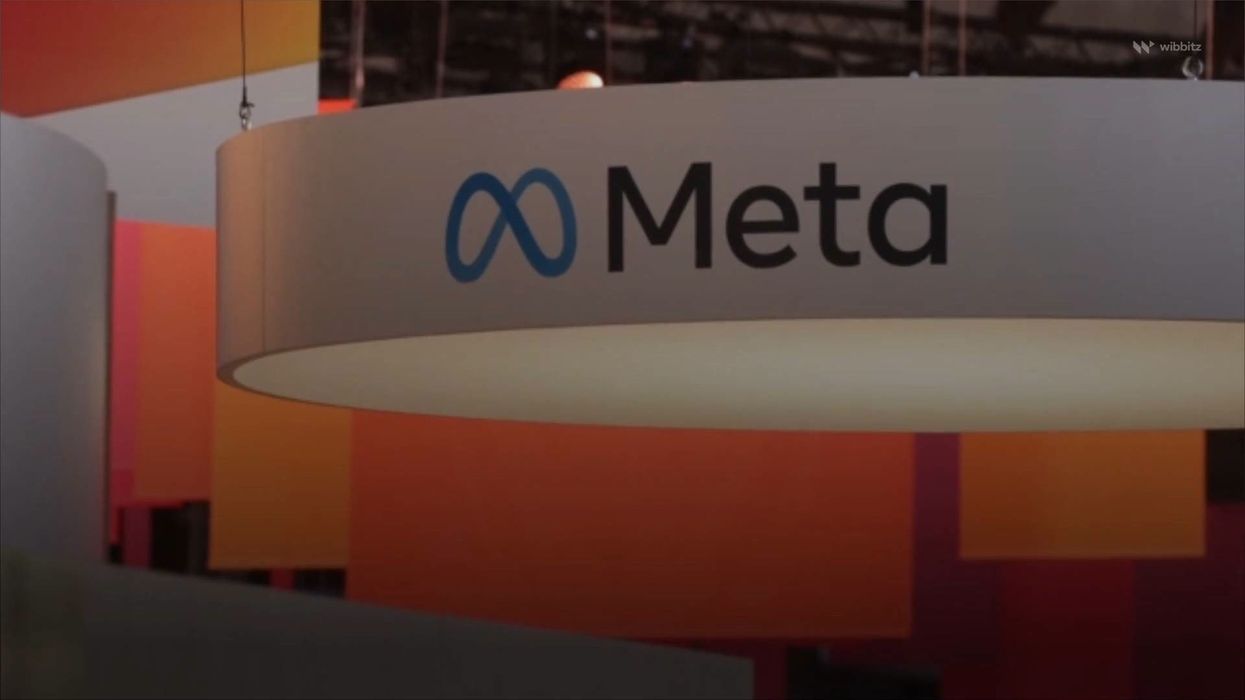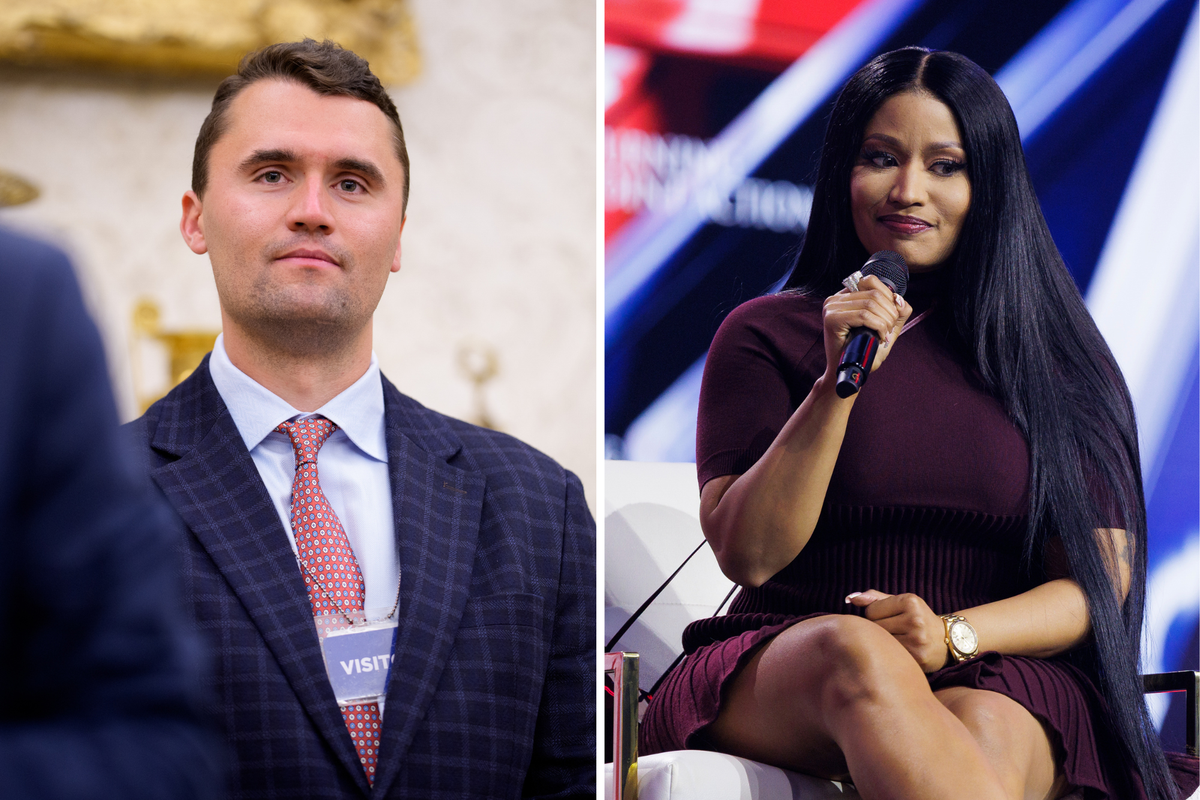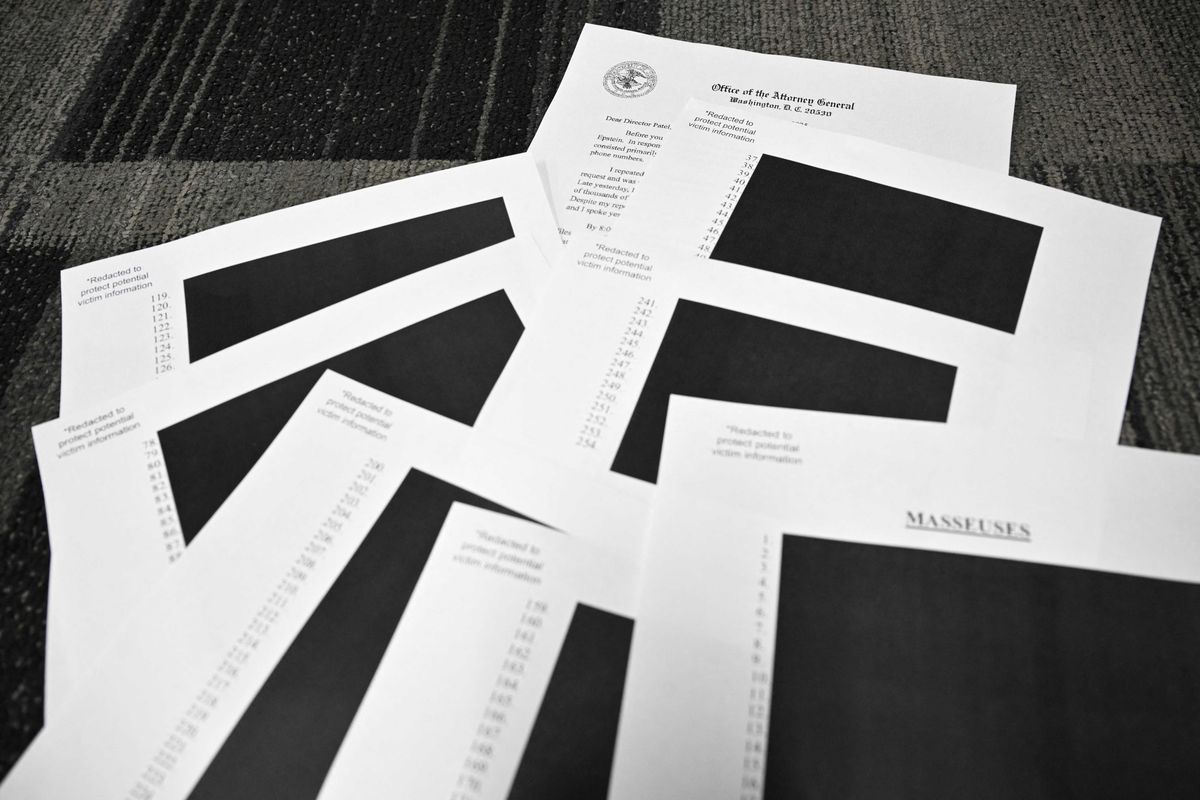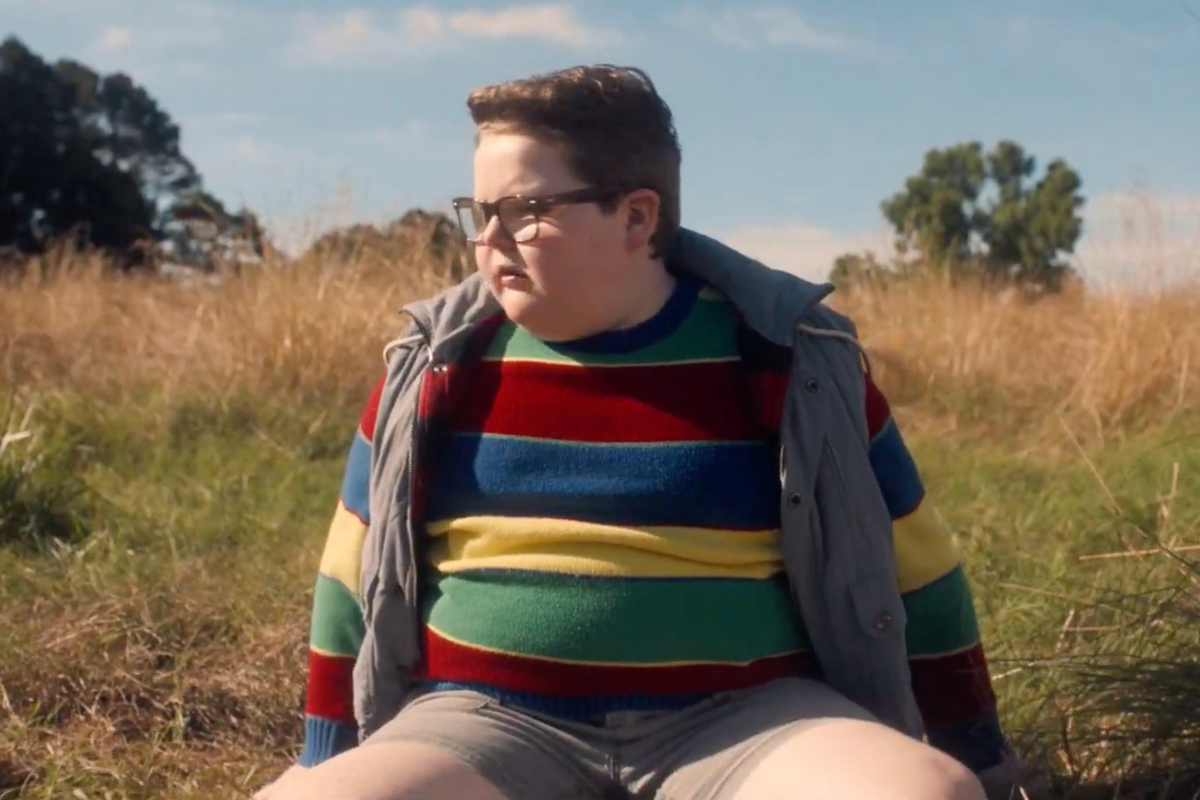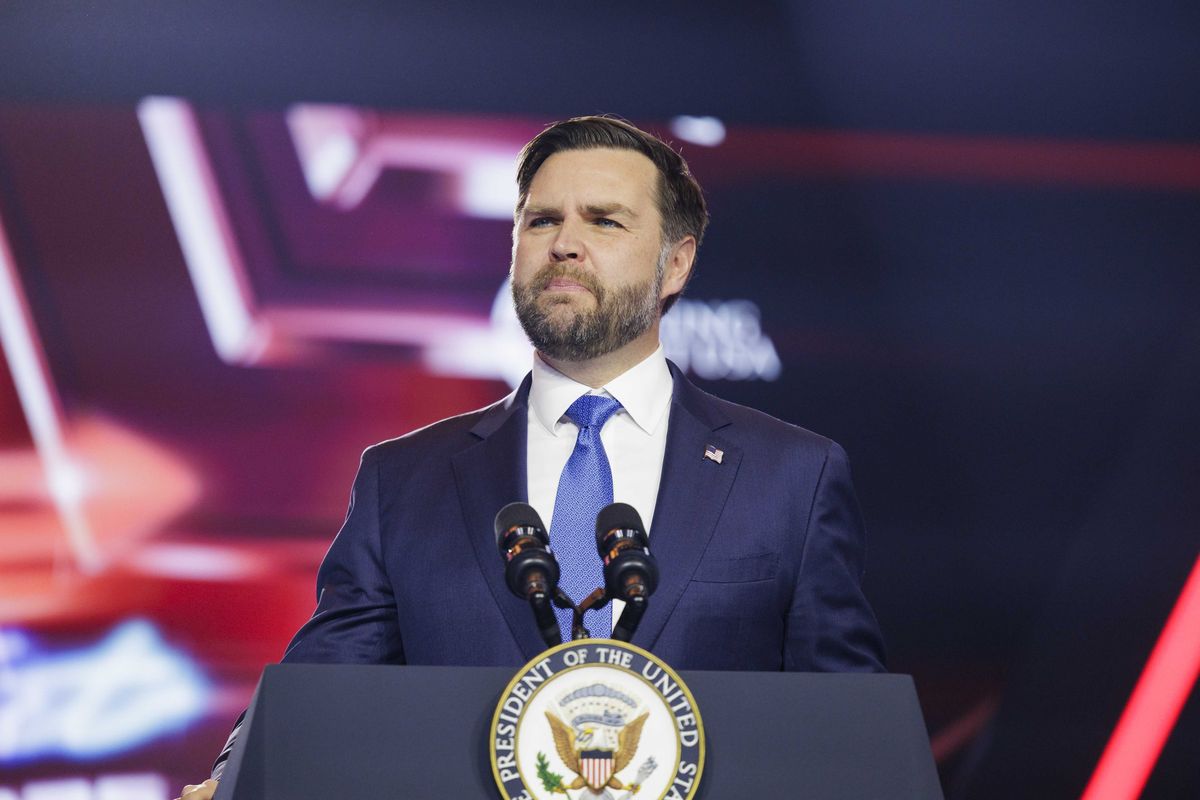Related video: Meta to build artificial general intelligence
There are “gaps” in the removal of content denying the Holocaust by social media giant Meta, according to an assessment commissioned by its own Oversight Board, an independent body which found Instagram was wrong to leave up a post questioning the number of people murdered in the Nazi atrocity and “the existence of crematoria at Auschwitz”.
Back in September 2020, a user shared a meme of the SpongeBob Squarepants proclaiming to contain “fun facts about the Holocaust”, which were instead false and distorted claims. Just over a month later, Meta revised its Community Standards on hate speech to ban denying the Holocaust or distorting facts about the event.
Yet even so, when the content was reported six times by users for breaching the hate speech policy, four of these only went as far as being reviewed by Meta’s automated systems, which either found the content didn’t violate its standards or closed it under Covid-19 measures designed to reduce the workload of human reviewers by automatically closing certain reports.
The same Covid-19 automation policies also shut down a user appeal of the decision in May 2023 to keep the content up, while the remaining two reports ended with human reviewers considering the image to be “non-violating”.
The ruling reads: “The [commissioned] assessment showed that content denying the Holocaust can still be found on Meta’s platforms, potentially because some users try to evade enforcement in alternative ways, such as by replacing vowels in words with symbols, or creating implicit narratives about Holocaust denial using memes and cartoons.
“The Board has questions about the effectiveness and accuracy of Meta’s moderation systems in removing Holocaust denial content from its platforms. Meta’s human reviewers are not provided the opportunity to label enforcement data in a granular way (i.e., violating content is labelled as “hate speech” rather than “Holocaust denial”).
“The Board is also concerned that, as of May 2023, Meta was still applying its COVID-19 automation policies … There was a pressing need for Meta to prioritize the removal of hate speech and it is concerning that measures introduced as a pandemic contingency could endure long after circumstances reasonably justified them.”
The decision also includes the recommendations that Meta “take technical steps” to make sure it is “sufficiently and systematically measuring” the accuracy of its removal of Holocaust denial content – including gathering “more granular details” – and that it publicly confirms whether it has “fully ended” its COVID-19 automation policies.
In a statement on its Transparency Center responding to the Board's ruling, Meta said it welcomes the decision.
"In accordance with the bylaws, we will also initiate a review of identical content with parallel context. If we determine that we have the technical and operational capacity to take action on that content as well, we will do so promptly.
"After conducting a review of the recommendations provided by the board in addition to their decision, we will update this page," it said.
When the Oversight Board first selected the case, Meta said the post was removed "upon further review".
The company added: "Meta removes content that contains hate speech, including 'harmful stereotypes linked to intimidation, exclusion, or violence on the basis of a protected characteristic' such as Holocaust denial.
"Holocaust denial includes content that 'denies, calls into doubt, or minimises the fact that the Holocaust happened, the number of victims, or the mechanisms of destruction used."
The decision against Meta is the latest case concerning antisemitism on social media platforms, after Twitter/X owner Elon Musk was met with widespread condemnation in November for saying the author of an antisemitic tweet which claimed Jewish communities have a “dialectical hatred” of white people had “said the actual truth”.
It led to high-profile brands such as Apple, Disney and IBM suspending advertising on the app, which Musk later addressed at The New York Times’ DealBook Summit by telling the advertisers to “go f*** themselves”.
Other alarming moments in the timeline of Musk’s Twitter takeover have included the Tesla founder deleting tweets promoting antisemitic news accounts, and a pro-Hitler, antisemitic Twitter/X account claiming that it had received $3,000 through the platform’s ad revenue sharing initiative.
On Monday, Musk was photographed visiting the site of the Auschwitz-Birkenau death camp, and the billionaire repeated remarks that he is “aspirationally Jewish”.
Sign up to our free Indy100 weekly newsletter
Have your say in our news democracy. Click the upvote icon at the top of the page to help raise this article through the indy100 rankings.
